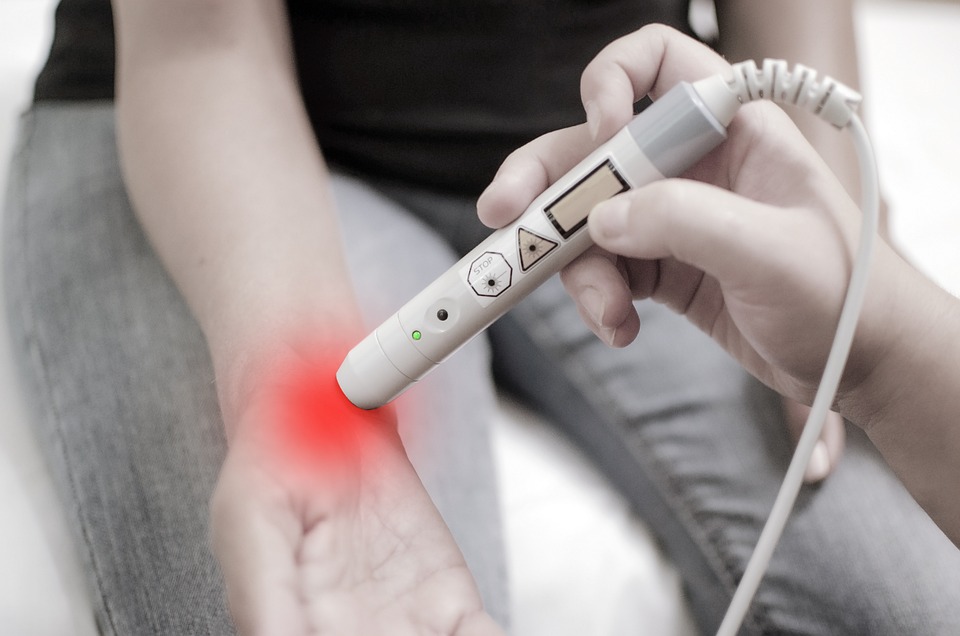Effective HSV-2 symptoms management is not just a medical term; it’s a personal journey that affects millions of lives. If you’ve been diagnosed with herpes simplex virus type 2 (HSV-2), you’re not alone. The emotional and physical toll of managing this condition can feel overwhelming, but with the right strategies, you can regain control and live a fulfilling life.
Contents
Understanding HSV-2: What You Need to Know
HSV-2 is commonly associated with genital herpes. It’s a viral infection that can cause uncomfortable symptoms and emotional distress. Knowing how to manage these symptoms is vital for your well-being. It matters because taking charge of your health can enhance your quality of life, improve your relationships, and reduce anxiety.
1. Know Your Symptoms: Awareness is Key
Understanding the symptoms of HSV-2 is the first step in effective management. Common signs include:
- Painful blisters or sores around the genital area
- Itching or burning sensations
- Flu-like symptoms during outbreaks
Recognizing your unique symptom patterns can help you address them more effectively. Keep a journal to track your outbreaks, noting triggers and symptom severity. This information is invaluable when discussing your condition with healthcare providers.
2. Consult a Healthcare Professional
When it comes to managing HSV-2, you don’t have to go it alone. Consulting with a healthcare professional is essential. They can offer personalized advice, prescribe antiviral medications, and help you understand your treatment options.
- Antiviral Medications: These can reduce the severity and frequency of outbreaks.
- Preventive Care: Regular check-ups can help monitor your condition and adjust your treatment as necessary.
Your healthcare provider is your partner in this journey. Don’t hesitate to ask questions and voice your concerns.
Antiviral medications can be a game changer in your HSV-2 management strategy. Here’s how they can help:
- Reduce Outbreak Duration: They can shorten the length of outbreaks.
- Lower Transmission Risk: Taking antivirals can significantly reduce the risk of passing the virus to partners.
Discussing daily suppressive therapy with your doctor can be a proactive way to manage your symptoms and improve your quality of life.
4. Lifestyle Choices Matter
Your daily habits have a profound impact on your body’s ability to manage HSV-2 symptoms. Consider these lifestyle changes:
- Nutrition: Eating a balanced diet rich in vitamins and minerals can boost your immune system. Foods like fruits, vegetables, whole grains, and lean proteins are your allies.
- Hydration: Staying hydrated helps your body function optimally. Aim for at least eight 8-ounce glasses of water a day.
- Exercise: Regular physical activity can help reduce stress and enhance your immune response.
Making these changes isn’t about perfection; it’s about progress. Small, consistent adjustments can lead to meaningful improvements in your health.
5. Manage Stress Effectively
Stress is a known trigger for HSV-2 outbreaks. Finding ways to manage stress is crucial. Here are some effective techniques:
- Mindfulness and Meditation: These practices can help center your thoughts and reduce anxiety.
- Yoga and Stretching: Physical activity combined with mindfulness can be a powerful tool for stress relief.
- Talk Therapy: Speaking with a therapist can provide emotional support and coping strategies.
When you learn to manage stress, you’re not just reducing outbreaks; you’re enhancing your overall well-being. This holistic approach can transform how you feel daily.
6. Communication is Key
If you’re in a relationship, open communication about HSV-2 is essential. Here’s how to approach the conversation:
- Be Honest: Share your diagnosis when you feel comfortable. This builds trust and understanding.
- Educate Your Partner: Provide them with information about HSV-2 so they can understand your experience.
- Discuss Prevention: Talk about ways to minimize the risk of transmission, including safe sex practices.
This conversation can feel daunting, but remember: vulnerability fosters connection. You deserve a partner who supports you through your health journey.
7. Explore Support Networks
You don’t have to navigate this journey alone. Connecting with others who understand what you’re going through can be incredibly empowering. Consider these options:
- Support Groups: Look for local or online support groups where you can share experiences and advice.
- Education Forums: Websites like the American Sexual Health Association offer resources and community support.
- Counseling Services: Speaking with a counselor familiar with HSV-2 can provide targeted support.
Surrounding yourself with people who get it can lessen feelings of isolation and help you feel understood.
Bottom Line
Managing HSV-2 symptoms effectively is about taking charge of your health and well-being. By understanding your symptoms, seeking professional help, embracing lifestyle changes, and fostering open communication, you can significantly improve your quality of life. Remember, you are not defined by your diagnosis. You are resilient, and you have the power to live fully.
If you’re ready to take the next step, start by reaching out to a healthcare professional today. You deserve to live your best life.
FAQs
1. Can HSV-2 be cured?
Currently, there is no cure for HSV-2, but effective management strategies can help control symptoms and reduce outbreaks.
2. How can I prevent HSV-2 transmission to my partner?
Using condoms, taking antiviral medications, and having open conversations about your condition can help minimize transmission risk.
3. Are there natural remedies for HSV-2 symptoms?
Some people find relief with natural remedies like aloe vera, essential oils, or dietary changes, but always consult your healthcare provider before starting any new treatment.
By arming yourself with knowledge and support, you can manage HSV-2 symptoms and lead a fulfilling life. Don’t hesitate to reach out for help—because you are worth it.








